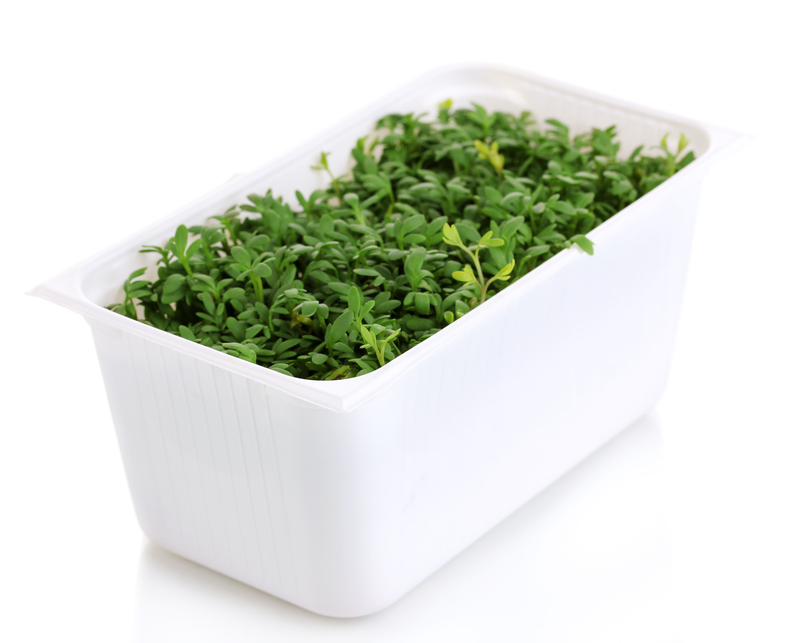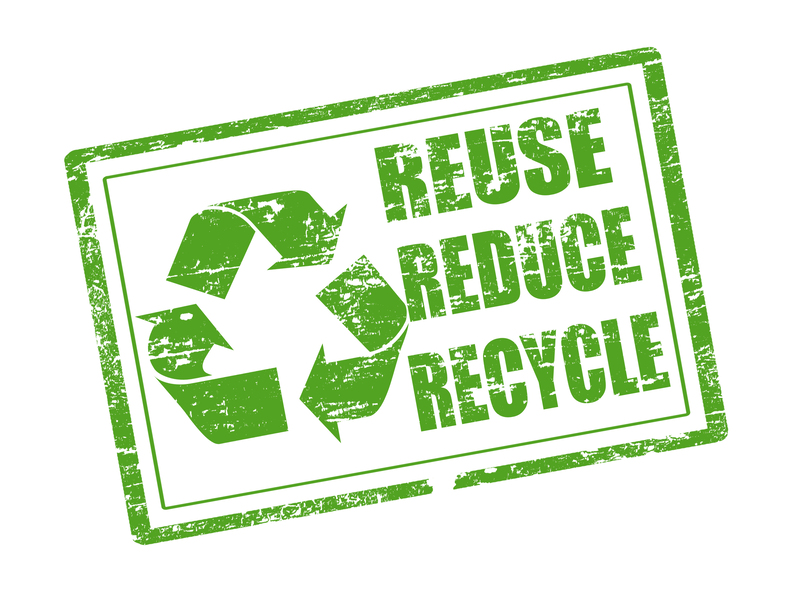The Best Ways to Handle Bulky Waste Items for Less Money
Dealing with bulky waste items--such as old furniture, mattresses, appliances, or yard debris--can be a real challenge, especially when you're seeking affordable solutions. Whether you're cleaning out the garage, moving, remodeling, or simply upgrading your home, finding cost-effective and eco-friendly ways to dispose of large items is crucial. In this comprehensive guide, we'll share the best ways to handle bulky waste items for less money, ensuring that both your pocket and the planet benefit from your choices.
Why Proper Disposal of Bulky Waste Items Matters
Bulky waste disposal isn't only about keeping your home tidy--it's also about environmental responsibility. Improper disposal can lead to pollution, illegal dumping, and significant fines. In many neighborhoods, leaving large junk on the curb can also result in unwanted attention from local authorities.
- Environmental Impact: Many large items contain materials that are hazardous or slow to break down in landfills.
- Legal Consequences: Illegal dumping or failing to follow proper disposal procedures can result in significant fines.
- Aesthetics and Safety: Piles of unwanted items can create eyesores and safety hazards for the community.
For these reasons, it's important to find affordable bulky waste removal solutions that are also environmentally sound.

Top Strategies for Low-Cost Bulky Waste Disposal
Let's explore the cheapest ways to get rid of large waste items while also considering convenience and eco-consciousness.
1. Use Free or Low-Cost Municipal Collection Services
Many city councils offer bulky item collection either for free or for a minimal fee. These collections are often scheduled once or twice a year and allow residents to dispose of large items directly from their curbside.
- How It Works: Check your city's website for collection dates and accepted items, and schedule a pick-up if required.
- Benefits: Convenient and typically the least expensive option available.
- Downsides: Limited to certain dates and quantities, and may not accept all types of bulky items.
2. Donate Usable Items to Charities
One of the best ways to handle large waste items for less is to donate them. Many charitable organizations, such as Goodwill, The Salvation Army, or Habitat for Humanity's ReStores, will collect usable furniture and appliances for free.
- What Can Be Donated: Clean and functional furniture, working appliances, mattresses in good condition, etc.
- How to Arrange Pickup: Visit the charity's website or call to schedule a free collection.
- Hidden Benefit: You may receive a tax deduction for your donation.
3. Try Selling or Giving Away Bulky Items Online
Instead of paying to throw something away, why not see if someone else wants it? Platforms like Craigslist, Facebook Marketplace, and Freecycle let you list large waste items often at no cost.
- How to List Items: Provide clear photos and honest descriptions, and set a low price or mark as free for faster removal.
- Safety Tip: Always meet buyers in a safe, public place or arrange contactless pickup.
- Financial Benefit: You might earn some money or at least avoid disposal costs.
4. Use Your Local Recycling Center
Many towns have dedicated recycling facilities that accept bulky waste such as metal, electronics, and sometimes even furniture. Often, these centers charge much less than a private hauler, or nothing at all for some materials.
- What's Accepted: Large metal items (appliances, grills), electronics, wood, mattresses, etc.
- Check Fees: Call ahead or look online to see what materials are accepted and any associated charges.
Tip: Some manufacturers will take back old electronics or appliances for recycling or proper handling.
5. Organize a Community or Neighborhood Cleanup Event
Bulk waste disposal costs can be reduced if you band together with neighbors. Many municipalities will offer reduced rates, or even free disposal days, if an entire neighborhood participates.
- How to Start: Contact your local public works department about organizing a cleanup event or community dumpster program.
- Advantages: Shared costs, stronger community, and possible waivers on dumping fees.
6. Rent a Roll-Off Dumpster--But Share the Cost
Renting a dumpster is often considered expensive, but costs can be minimized if you split the charge among several households or apartments.
- Best For: Home renovations, multi-family cleanouts, or large neighborhood yard projects.
- How to Save: Coordinate with friends, neighbors or local groups to share the space and the fee.
Always verify what kind of bulky waste is allowed in the dumpster to avoid extra charges.
7. Break Down Waste Yourself
Sometimes, big items like furniture can be disassembled or broken down into smaller pieces that fit your regular trash pickup or make them easier to transport to disposal sites.
- What You'll Need: Basic tools (screwdrivers, hammers, saws) and safety equipment.
- Why It's Smart: Smaller waste is easier--and cheaper--to handle at most facilities.
8. Hire a Junk Removal Company--At the Right Time
Professional companies will pick up large waste items directly from your home. While often pricier, you can save by:
- Booking in off-peak seasons;
- Grouping waste with neighbors for volume discounts;
- Only paying for the specific volume or weight you need to get rid of, not a full truck.
Compare quotes and ask about special deals for larger or repeated pickups.
Tips for Reducing Bulky Waste Removal Costs
Every dollar counts, especially when it comes to getting rid of bulky waste for less money. Here are additional strategies to help minimize your out-of-pocket expenses:
- Plan Ahead: Taking an inventory and disposing of items before they become an emergency (such as a move) will give you more options.
- Reuse or Repurpose: Before tossing, consider if items can be used for another purpose in your home or garden (for example, converting old dressers into planters).
- Wait for Free Days: Some landfills and transfer stations offer free drop-off days for bulky items, especially after holidays or during local events.
- Check Appliance and Mattress Buy-Backs: Many retailers will haul away your old appliance or mattress for a fraction of the cost when you buy something new.
Understanding What Counts as Bulky Waste
Before you schedule a pickup or load your car, it helps to know what typically qualifies as bulky waste items:
- Furniture: sofas, chairs, tables, desks, beds, mattresses
- Large Appliances: fridges, ovens, washers, dryers, water heaters
- Outdoor Equipment: grills, patio furniture, lawnmowers
- Yard Debris: tree limbs, large branches (check local regulations)
- Carpet and Large Rugs
- Large Electronics: TVs, old computers
Eco-Friendly Bulky Waste Disposal Options
Handling bulky waste in an environmentally conscious way often aligns with saving money. Here's why:
- Donation Is Double Green: Reusing items keeps them out of the landfill and often costs you nothing.
- Recycling Earns Rewards: Some centers pay for scrap metal or offer incentives for recycling electronics--ask before you drop off.
- Composting Yard Waste: Turning tree limbs and branches into mulch for gardening is both eco-friendly and cost-effective.
Bulky Waste Items You Should Never Throw in the Landfill
Some large items are hazardous or highly recyclable and should not go in regular trash or landfills:
- Old electronics and TVs (e-waste)
- Refrigerators and freezers (contain harmful refrigerants)
- Chemically treated wood or mattresses with certain foams
- Any item with hazardous fluids or components
Always check with your municipality for a list of banned landfill items and recycling programs.

What to Do When All Else Fails
If none of these cheaper bulky waste disposal methods are available in your area:
- Check for regional waste co-ops or transfer stations that accept out-of-area items for a fee.
- Ask local moving or junk removal companies about "single item" rates or discounts for light loads.
- Contact local community groups or notice boards, as hobbyists or upcyclers sometimes collect unwanted materials for projects.
Summary: Finding the Most Affordable Bulky Waste Disposal
Handling bulky waste items for less money is possible with a bit of creativity and research. Utilize local municipal services, donate or sell what you can, recycle smartly, and never underestimate the value of planning ahead. A goal of zero landfill disposal not only benefits your wallet but also ensures a cleaner, greener community for everyone.
If you're ever unsure about local options or regulations, your county or city's waste management website is an excellent starting point. With the right strategy, you can make bulky waste disposal easy and affordable.
```